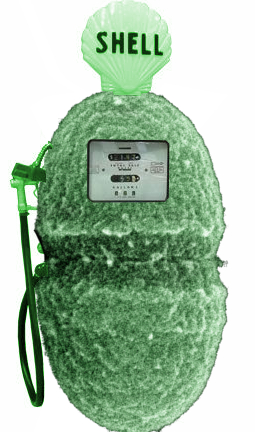Bold biofuture plan gets academic stamp
 Queensland Premier Annastacia Palaszczuk has released a consultation paper on a ‘biofutures’ industry in Queensland.
Queensland Premier Annastacia Palaszczuk has released a consultation paper on a ‘biofutures’ industry in Queensland.
Premier Palaszczuk says the 10-year Biofutures Roadmap Consultation Paper aims to kick-start a competitive biofuels and industrial biotechnology sector in Queensland.
Possibly the best known bioproduct at the moment is ethanol, but there is huge potential for the development of ethanol as well as many more products in Queensland, including plastics, aviation fuels, chemicals, fibre products and animal feeds made from agricultural waste.
Bioproducts can be made out of the wastes created when raw agricultural crops like sugar cane are turned into products for consumption, like sugar.
Proponents say it makes sense to use waste to create other products to provide higher income streams for farmers, create jobs for regional economies, and diversify Queensland's mining-reliant economy.
“In this day and age we should be thinking in a more environmentally mature way and this includes finding smarter ways of dealing with wastes,” says QUT researcher Associate Professor Ian O'Hara.
Professor O'Hara says biorefineries producing a wide range of products could be built throughout regional Queensland.
He said developments in industrial biotechnology were creating new industries around the world.
“Industrial biotechnology is the enabling science of the biofutures industry. With industry, researchers and government working together, Queensland can be a global leader.”
Professor O'Hara said there was already commitment to renewable bioproduct use from many sectors.
“The US Navy has a stated goal of powering 50 per cent of its fleet from non-fossil fuels by 2020,” he said.
“The commercial aviation sector has a target of carbon neutral growth by 2020 and 50 per cent emissions reduction by 2050.
“The bio-based chemicals market is forecast to grow from its current US$240 billion to US$570 billion by 2025. That's a doubling of market demand within the next 10 years.
“Bioplastics are expected to grow to 10-20 per cent of the global plastics market by 2020.”
He said that a long term commitment was needed to ensure Queensland was a leader in these high-growth industries.
“It really comes down to this simple question,” he said.
“Do you want to just create wastes or instead create an industry that will deliver income and jobs for the future?”








 Print
Print